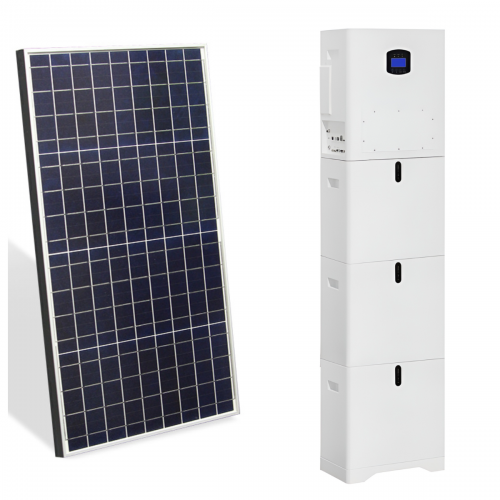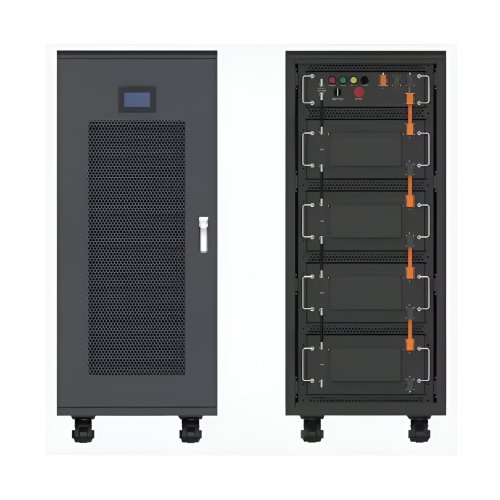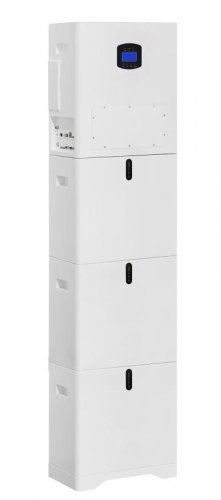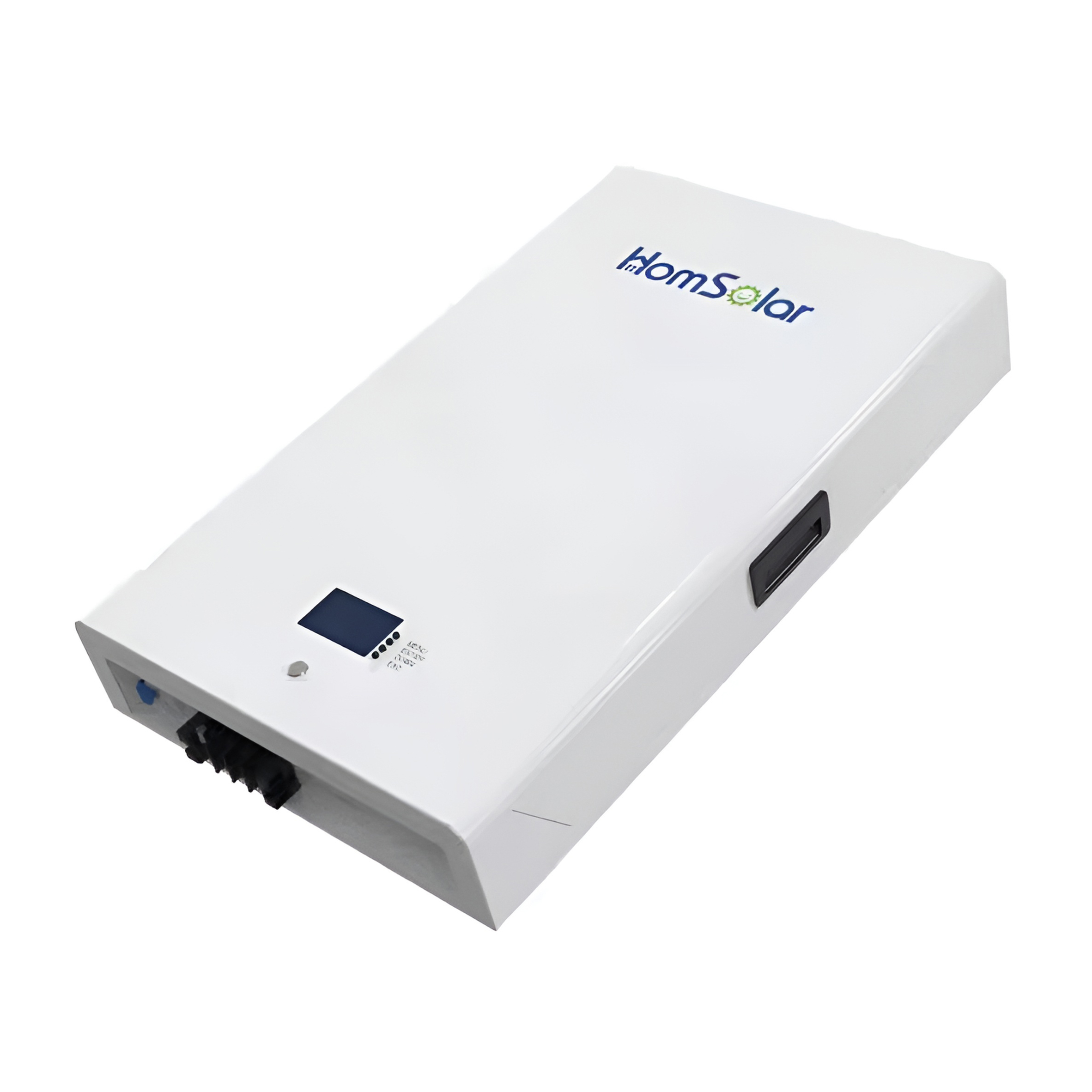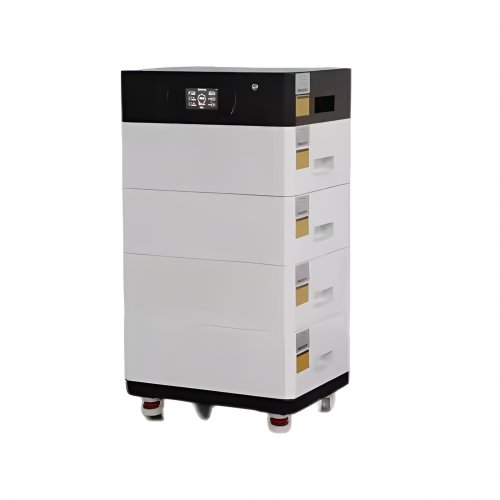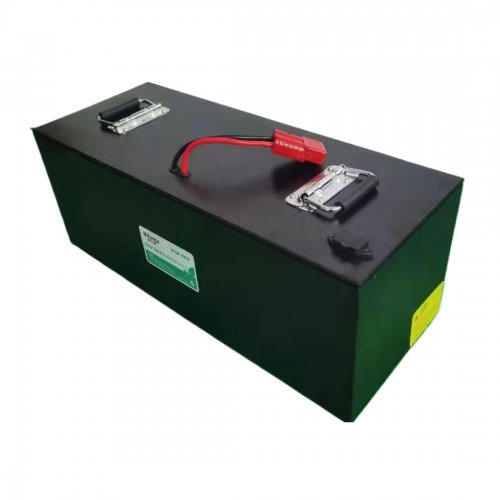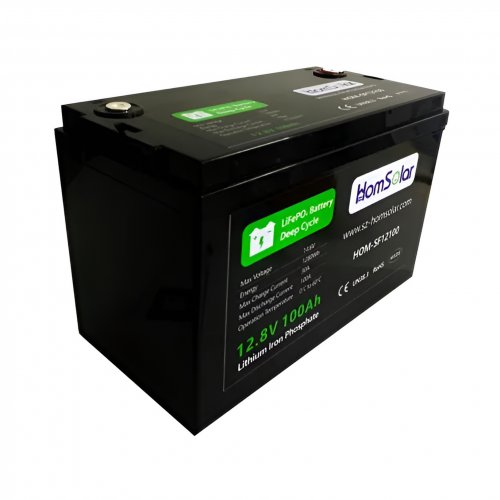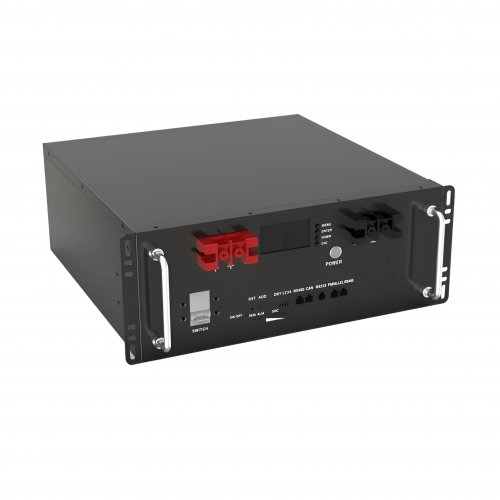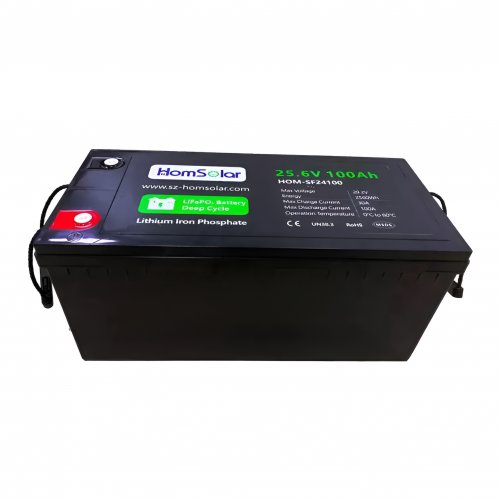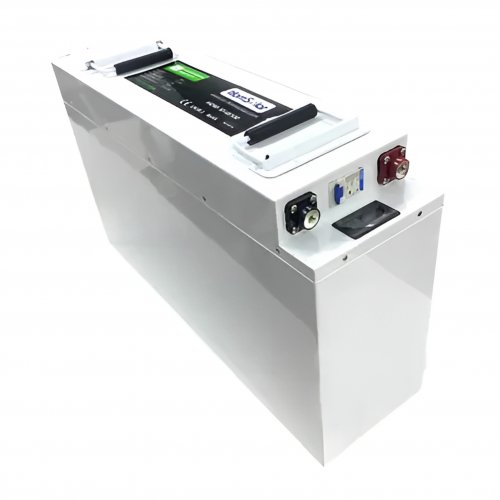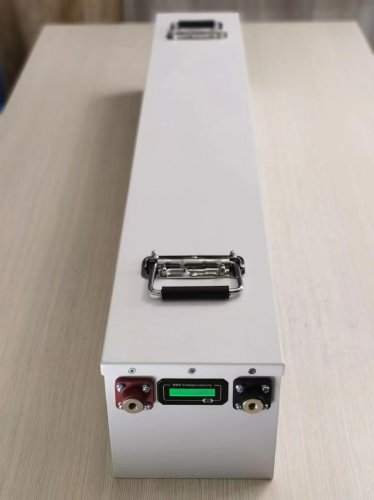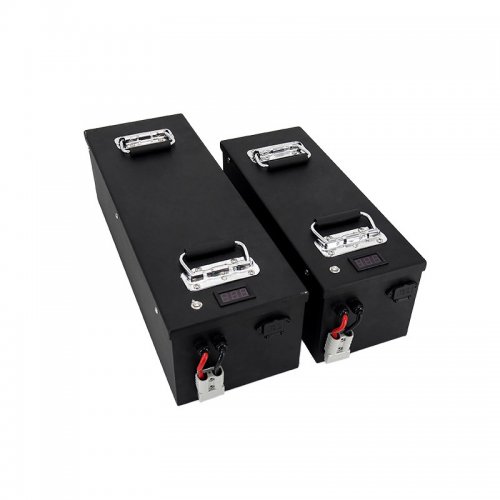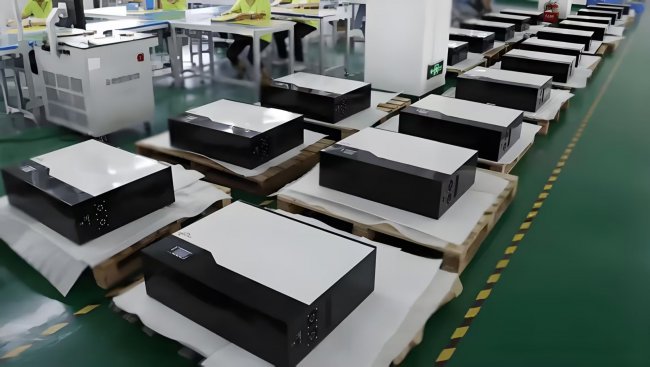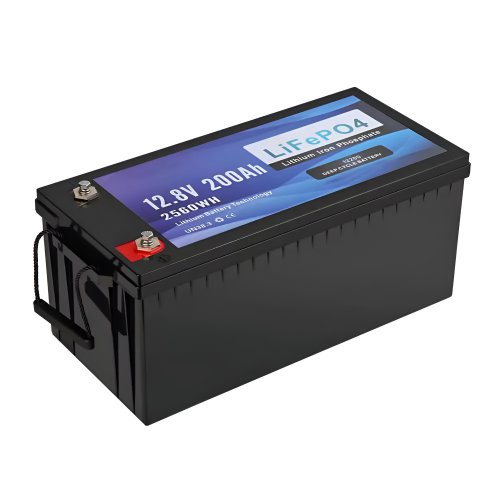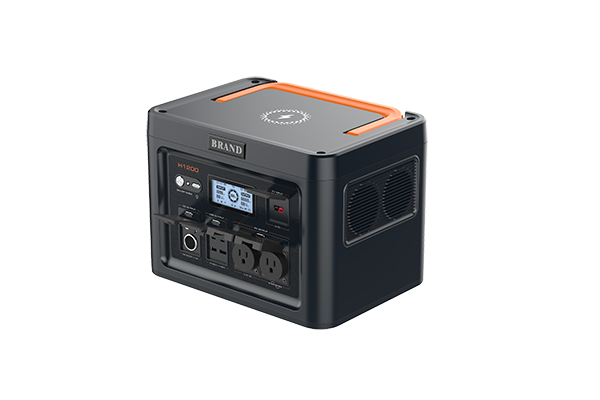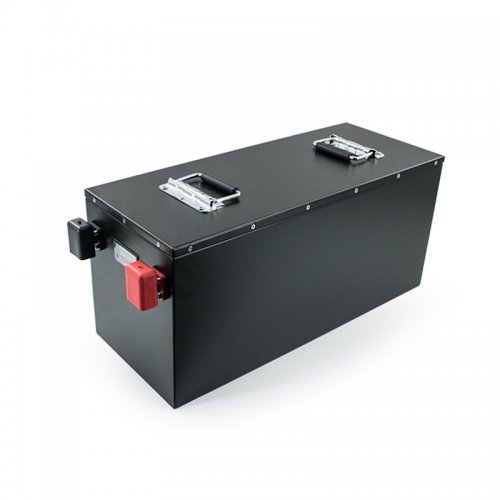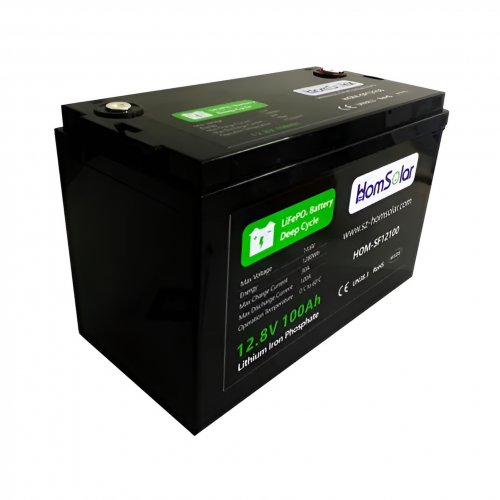Advances In Cost Reduction: Cutting-edge Research And Future Directions
Cost reduction remains a critical focus across industries, from manufacturing and energy to healthcare and information technology. As global competition intensifies and resource constraints tighten, researchers and engineers are developing innovative strategies to minimize expenses while maintaining or improving performance. This article explores recent breakthroughs in cost reduction, highlighting advancements in materials science, automation, renewable energy, and artificial intelligence (AI). Recent developments in materials science have significantly contributed to cost reduction by introducing cheaper, more efficient alternatives to traditional materials. For example, researchers have made strides in producing low-cost, high-performance battery materials for energy storage. A study by Chen et al. (2023) demonstrated that sodium-ion batteries, which use abundant sodium instead of expensive lithium, can achieve comparable energy densities at a fraction of the cost.
Additionally, advancements in polymer composites and bio-based materials have reduced manufacturing costs. A team at MIT developed a cellulose-based alternative to carbon fiber, offering similar strength at a 50% lower cost (Zhang et al., 2022). Such innovations are particularly impactful in automotive and aerospace industries, where material expenses constitute a major portion of production budgets.
Automation continues to revolutionize cost reduction by minimizing labor expenses and improving precision. Collaborative robots (cobots) have become more affordable and adaptable, enabling small and medium-sized enterprises (SMEs) to automate processes previously deemed too costly. A 2023 report by the International Federation of Robotics (IFR) highlighted that cobot adoption has reduced operational costs by up to 30% in assembly lines.Moreover, AI-driven predictive maintenance has emerged as a game-changer. By using machine learning to anticipate equipment failures, companies can avoid costly downtime. A case study by Siemens (2023) showed that predictive maintenance reduced maintenance costs by 25% in industrial plants.
The renewable energy sector has seen dramatic cost reductions, particularly in solar and wind power. The levelized cost of electricity (LCOE) from solar photovoltaics (PV) has dropped by over 80% in the past decade (IRENA, 2023). Breakthroughs in perovskite solar cells promise further reductions, with recent prototypes achieving efficiencies above 30% at a lower production cost than silicon-based cells (Green et al., 2023).Energy storage, a major cost barrier for renewables, is also becoming more affordable. Solid-state batteries and flow batteries are being optimized for mass production, with projected cost reductions of up to 40% by 2030 (Tarascon et al., 2023).
AI is transforming cost reduction strategies by optimizing supply chains, reducing waste, and improving decision-making. Reinforcement learning algorithms have been deployed to minimize energy consumption in data centers, achieving a 15% reduction in cooling costs (DeepMind, 2023).In healthcare, AI-powered diagnostic tools are cutting costs by reducing unnecessary tests and improving early detection rates. A study published inNature Digital Medicine(2023) found that AI-assisted radiology reduced diagnostic expenses by 20% while maintaining accuracy.
The future of cost reduction lies in interdisciplinary collaboration and scalable innovations. Key areas to watch include:This article underscores the transformative potential of cost reduction technologies, paving the way for a more efficient and sustainable future.
Customized/OEM/ODM Service
HomSolar Supports Lifepo4 battery pack customization/OEM/ODM service, welcome to contact us and tell us your needs.


HomSolar: Your One-stop LiFePO4 Battery Pack & ESS Solution Manufacturer
Our line of LiFePO4 (LFP) batteries offer a solution to demanding applications that require a lighter weight, longer life, and higher capacity battery. Features include advanced battery management systems (BMS), Bluetooth® communication and active intelligent monitoring.

Customised Lithium Iron Phosphate Battery Casing
ABS plastic housing, aluminium housing, stainless steel housing and iron housing are available, and can also be designed and customised according to your needs.

HomSolar Smart BMS
Intelligent Battery Management System for HomSolar Energy Storage System. Bluetooth, temperature sensor, LCD display, CAN interface, UART interface also available.


Terminals & Plugs Can Be Customized
A wide range of terminals and plugs can be customised to suit the application needs of your battery products.

Well-designed Solutions for Energy Storage Systems
We will design the perfect energy storage system solution according to your needs, so that you can easily solve the specific industry applications of battery products.



About Our Battery Cells
Our energy storage system products use brand new grade A LiFePO4 cells with a battery lifespan of more than 4,000 charge/discharge cycles.



Applications in Different Industries
We supply customized & OEM battery pack, assemble cells with wiring, fuse and plastic cover, all the cell wires connected to PCB plug or built BMS.
Applications: E-bike, Electric Scooter, Golf Carts, RV, Electric Wheelchair, Electric Tools, Robot Cleaner, Robot Sweeper, Solar Energy Storage System, Emergency Light, Solar Power Light, Medical Equipment, UPS Backup Power Supply.
We can provide you with customized services. We have the ability to provide a vertical supply chain, from single cells to pack/module and to a complete power solution with BMS, etc.


HomSolar (Shenzhen) Technology Co., Ltd







